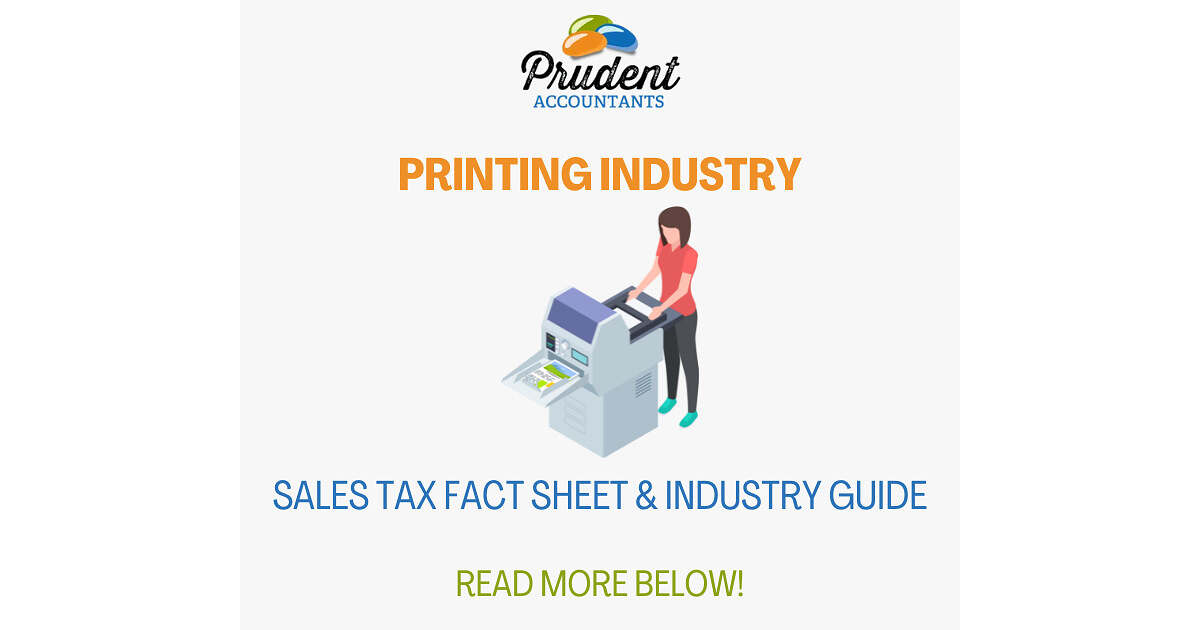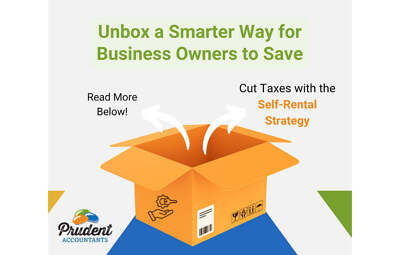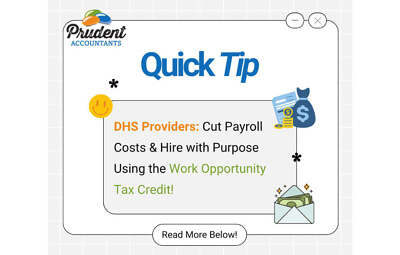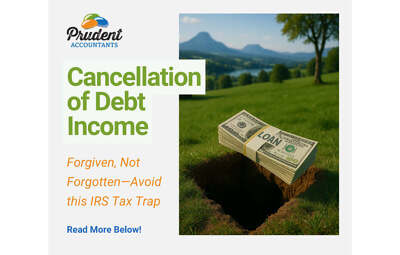Printing Industry-Sales Tax Fact Sheet & Industry Guide

This sales tax fact sheet provides general information about how Minnesota Sales and Use Tax applies to printing and
related items and services. Lists are included to help you determine the taxability of sales and purchases.
Sales by Printers
Charges for items and services such as those listed below are taxable. The total retail price is taxable, including raw materials, production labor, outside or prepress services, overhead, profit and delivery charges. It does not matter how these
charges appear on the customer’s invoice or who furnishes the ingredient materials.
You can make sales of taxable items without collecting sales tax if your customer gives you a completed Form ST3, Certificate of Exemption.
Labor that results in the fabrication, alteration, modification, installation, or assembly of materials is taxable. Labor
charges for a step in a process resulting in the production of a printed product (including prepress services, and other
sublet charges) are also taxable.
Delivery, freight, shipping, and handling charges to your customer are taxable.
Examples of taxable sales and services
- Binding
- Calligraphy
- Collating (by hand or machine)
- Color separation
- Copying
- Designing
- Desktop publishing
- Die cutting
- Duplicating
- Editing
- Electronic printing
- Electrophotography
- Gravure
- Imprinting
- Keylining
- Laser and ink jet printing
- Layout
- Lithography
- Multigraphing
- Multilithing
- Photolithography
- Photostats
- Printing
- Rotogravure
- Scanning
- Scoring
- Screen printing
- Slitting
- Steel die engraving
- Stitching
- Typesetting
Exempt Publications
Newspapers or other publications regularly issued to the general public at least four times per year are exempt. Publications that may qualify for this exemption are:
- Annual reports (if quarterly reports are also issued)
- Bulletins
- Catalogs
- Circulars
- Handbills
- Newsletters
- Newspaper inserts
- Programs
Note: If a publication is “confidential” or “internal only,” it is not an exempt publication.
This exemption applies to both printed materials and to publications issued on other media such as CDs or DVDs. To
claim exemption, use a completed Form ST3, Certificate of Exemption. Specify the Exemption publication exemption.
What tax should you charge?
General rules for state and local sales tax are listed below. If the printed product qualifies as either direct mail or advertising material, see the special rules defined in the following sections, to determine the sales tax.
General Rules
Charge sales tax on the total sales price of printed product, including charges to deliver the product. The following rules
apply to sales of most taxable products:
- When the customer picks up the printed product at the seller’s location the seller charges the sales tax that applies in that taxing jurisdiction.
- When the seller ships the printed product to a location at the direction of the customer, sales tax is based on the
sales tax imposed in the taxing jurisdiction where the product is delivered. - If neither of the above rules applies, the seller charges sales tax based on the address they have in their records
for the customer. - If none of the above applies, the seller charges sales tax based on the customer’s address obtained during the
sales transaction such as the address on the customer’s check. - If none of the above applies and the seller does not have an address for the customer, the seller charges sales tax
based on the address the printed product was shipped from.
Direct Mail
Direct mail is printed material that meets all three following guidelines:
- It is delivered or distributed by mail or any other delivery service.
- It is sent to a mass audience or to address on a mailing list provided by the purchaser or at the direction of the
purchaser. - The cost of the items is not billed directly to the recipients
Items to be included with the printed material also qualify as direct mail, if supplied by the purchaser to the direct mail
seller. For example, shampoo samples to be included with shampoo coupons. Direct mail does not include multiple items
of printed material delivered to a single address.
Direct Mail Delivery Exemption
Charges for delivering or distributing direct mail are not subject to sales tax as long as the charges are separately stated
on the invoice to the purchaser. Delivery charges include charges for transportation, shipping, postage, handling, crating,
and packing.
For more information, see the Direct Mail and Fulfillment Services Fact Sheet.
Advertising Materials
Advertising is creative promotion. It makes you want to buy something, think positively about an idea or organization,
hear about a public concern, or vote for a candidate. It promotes the sale of a product or public image. It may be a public
service announcement or a political message. Charges for advertising services are not taxable if all of the following apply:
- There is no functional use of the product except to carry the message.
- The seller must be involved in the creation of advertising.
- The seller must have a direct relationship with the advertiser.
However, inputs to nontaxable advertising services are taxable. For more information, see the Advertising Fact Sheet.
Taxable Advertising
Printing is a taxable input to advertising services. The total charge, including delivery charges, is taxable unless the advertising material qualifies as direct mail described above.
In addition, there is an exemption from sales tax for advertising materials that will be used outside of Minnesota. Do not
charge Minnesota Tax Preparers on the cost of advertising materials you ship outside of Minnesota for your customer.
If your customer takes possession of the advertising material in Minnesota, they may claim exemption for the portion of
advertising materials that they intend to ship outside of the state by giving you a completed Form ST3, Certificate of Exemption, using the Percentage exemption.
Nontaxable Advertising
If the printer is creating the concept and design of the advertising, rather than just setup and printing, it may be a nontaxable advertising service. It must be clearly indicated on the customer’s invoice that the job is a nontaxable advertising service, rather than a printing job. In this case, tax is due on the input costs to the printer rather than on the sales price to the
customer.
When nontaxable advertising is to be distributed outside Minnesota, the customer must give the printer From ST3, or written documentation that identifies the percent of advertising used outside Minnesota. The printer owes tax only on the portion of inputs for advertising used in Minnesota.
Because of the complexity of the sales tax advertising rule, persons may claim a full exemption when purchasing advertising inputs such as printing (Form ST3). The purchaser must then self-assess use tax on the taxable portion.
Purchases by Printers
Items Used in Industrial Production
There is an exemption for materials used or consumed in the production of printed materials that will be sold ultimately
at retail. Printers can buy these materials exempt from tax by giving the seller a completed Form ST3, Certificate of Exemption.
For more information, see fact sheets
- Industrial Production
- Utilities Used in Production
Capital Equipment
To qualify for the capital equipment exemption, the equipment must be primarily used in Minnesota to manufacture or
fabricate tangible personal property to be sold ultimately at retail.
The capital equipment exemption is allowed at the time of purchase. To purchase exempt, the purchaser must give the
seller a completed Form ST3, Certificate of Exemption. For more information, see the Capital Equipment Fact Sheet.
Maintenance and Warranty Contracts
Maintenance contracts for equipment that include repair and replacement parts and consumable items at no additional
cost are taxable. Maintenance contracts for equipment used primarily to manufacture tangible personal property may
qualify for the capital equipment exemption.
Examples
- A maintenance contract for copy machines used for making business cards that are sold at retail qualifies for the
capital equipment exemption. The maintenance contract is exempt. - A maintenance contract for office copy machines where parts and consumable items such as toner, developer,
drums, etc. are replaced at no additional cost is taxable.
Warranty contracts act like insurance against future unexpected repair cost. Warranty contracts for equipment are generally nontaxable service charges as long as they are separately stated on the invoice. The service provider must pay sales
or use tax on the cost of all parts and materials used under the contract.
If a maintenance contract only covers repair labor, charges for the repair labor are exempt, charges for repair parts are
taxable.
For more information, see Revenue Notices:
- 16-03, Optional Warranty and Maintenance Contracts on Equipment
- 93-03, Application for Tax to the Printing Industry
Computer Software
There are different types of maintenance agreements for computer software. Optional maintenance agreements, upgrades
or enhancements are taxable. Support services such as consulting or phone support are exempt from tax. Charges for a
combination of the above are taxed on 20% of the price of the maintenance agreement. For more information, see the
Computer Software Fact Sheet.
Taxable Purchases
All purchases of office supplies, furniture, lighting, computers, printers, and other equipment used for administration and
record-keeping, inventory control, tracking, or any use other than production are taxable. If you buy these items and the
seller doesn’t charge sales tax, you must pay use tax.
How to Report Sales and Use Tax
Report state and local sales and use taxes online through e-Services at www.revenue.state.mn.us.
Local Sales and Use Taxes
If you are located in or make sales into an area with a local tax, you may owe local sales or use tax. For more information, see the Printing Industry-Sales Tax Fact Sheet & Industry Guide








